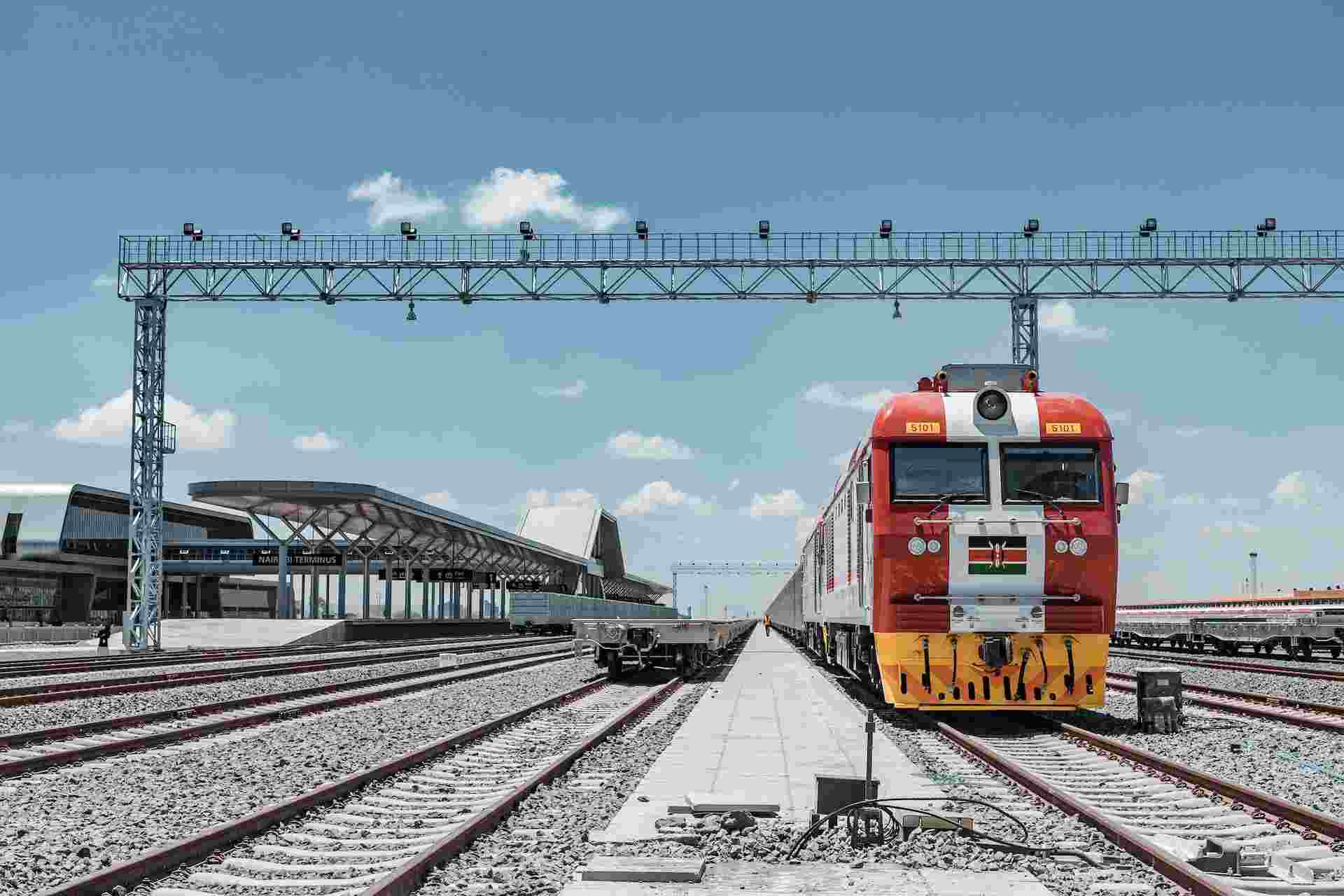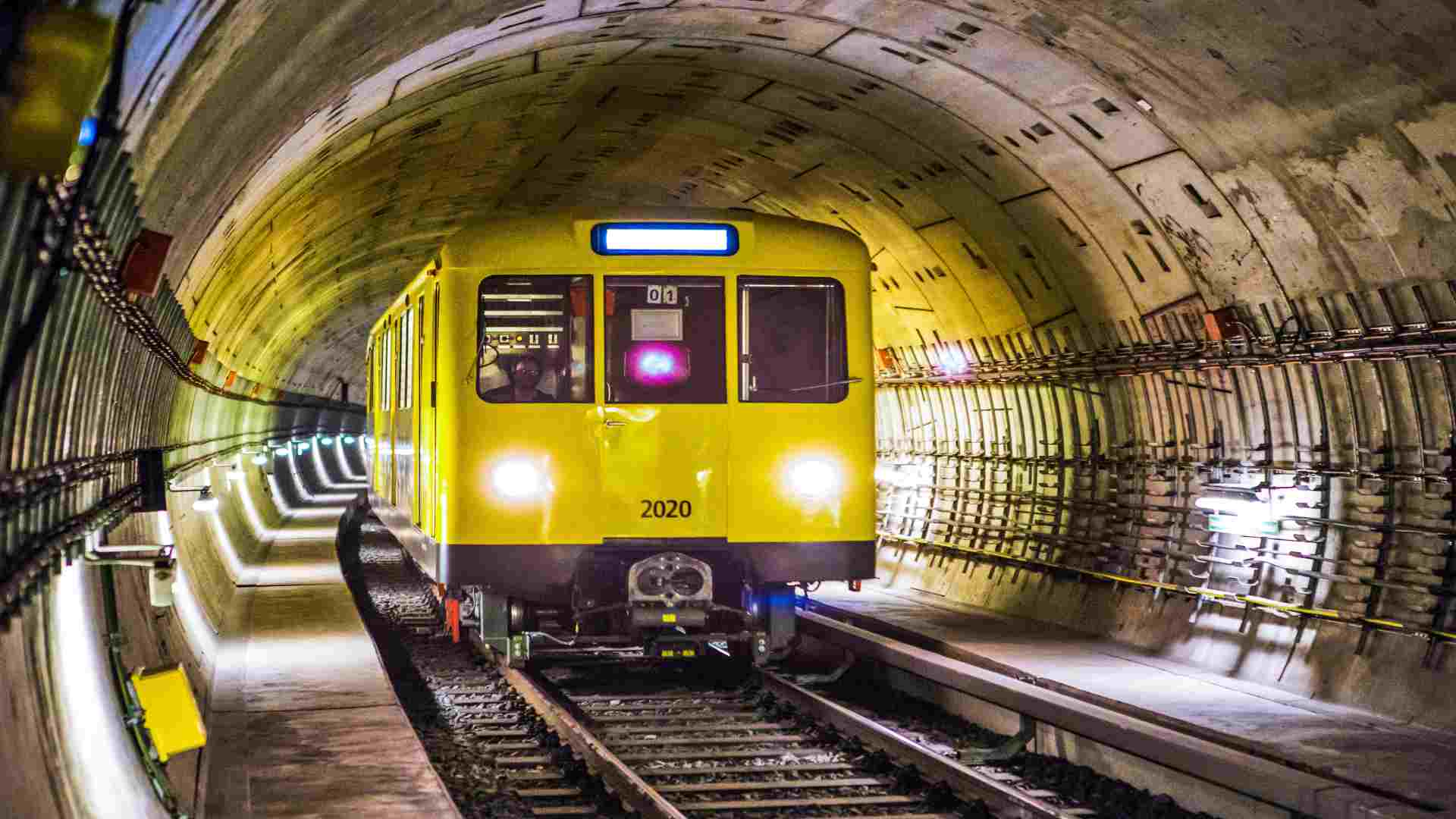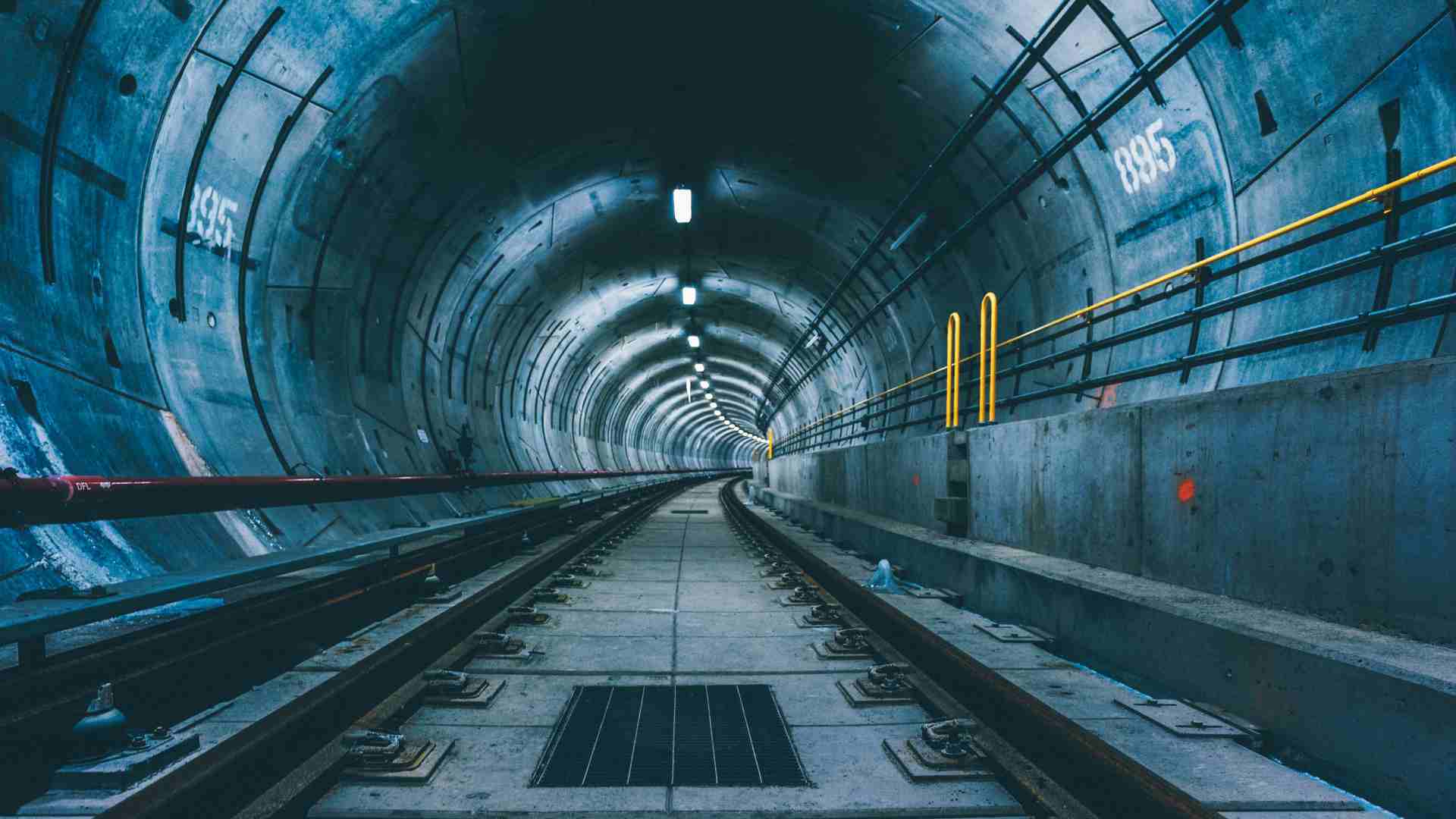NOBO
The Significance of NOBO (Notified Body)
NOBO stands for Notified Body, and it represents an independent organization or entity designated by a European Union (EU) Member State to assess and verify compliance with the Technical Specifications for Interoperability (TSIs) in the railway sector. NOBOs are central to the goal of achieving a harmonized European railway network without operational boundaries.
In the intricate world of rail systems, ensuring seamless interoperability is paramount for safety, efficiency, and the unhindered movement of trains across borders. At the heart of this endeavor lies NOBO, the Notified Body, playing a pivotal role in certifying and verifying compliance with essential standards and regulations. This article delves into the critical role NOBOs play in maintaining rail system integrity and interoperability.
In the dynamic realm of European railways, NOBOs are the guardians of interoperability and safety. Through their meticulous evaluations and certifications, they help create a unified European railway network where trains can move seamlessly, transcending borders. The critical role of NOBOs in ensuring compliance with TSIs and safety standards ensures the smooth and secure operation of rail systems, benefiting passengers, freight, and the European rail industry as a whole.


Interoperability Certification
NOBOs are responsible for evaluating and certifying the compliance of railway subsystems and components with TSIs. These TSIs encompass a wide range of parameters, including those related to rolling stock, energy systems, infrastructure, control-command, and signaling.
Safety Assurance
NOBOs play a pivotal role in ensuring the safety of railway systems. They meticulously review designs, test results, and verification outcomes to ensure that all components meet stringent safety standards. This scrutiny helps prevent accidents and ensures the protection of passengers, crew, and cargo.
Trans-European Network Compatibility
NOBOs contribute to the goal of a Single European Railway Area (SERA) by verifying that rail systems and components are fully compatible with one another. This compatibility eliminates operational barriers, allowing trains to traverse EU borders seamlessly.
Lifecycle Management
Rolling stock has a finite lifespan, and ECMs are responsible for managing the entire lifecycle of these assets. This includes decisions about repair, refurbishment, or replacement to optimize efficiency and cost-effectiveness.

To function as a NOBO, organizations must undergo a stringent certification process. Member States notify the European Commission of the competencies of NOBOs for specific TSIs. These organizations must meet rigorous requirements to ensure their independence, competence, and impartiality.
NOBOs are involved in all phases of railway projects, from design to testing and commissioning. They ensure that each step of the process aligns with TSIs, and they conduct independent assessments to certify the interoperability of subsystems and constituents.
- Design Phase: NOBOs review design documentation to ensure compliance with TSIs.
- Testing Phase: NOBOs oversee testing processes to verify that components meet safety and performance requirements.
- Commissioning Phase: NOBOs play a role in commissioning activities to ensure that rail systems are ready for operation.

Accreditations & Acknowledge
ISA








